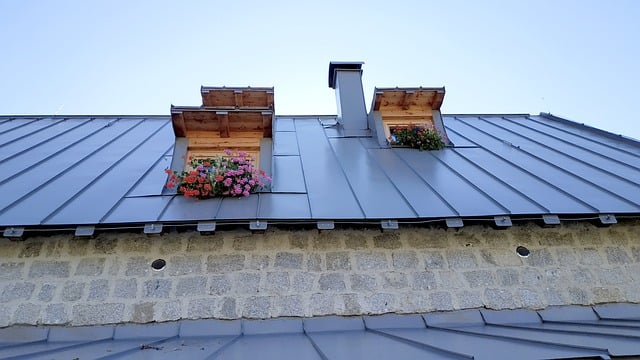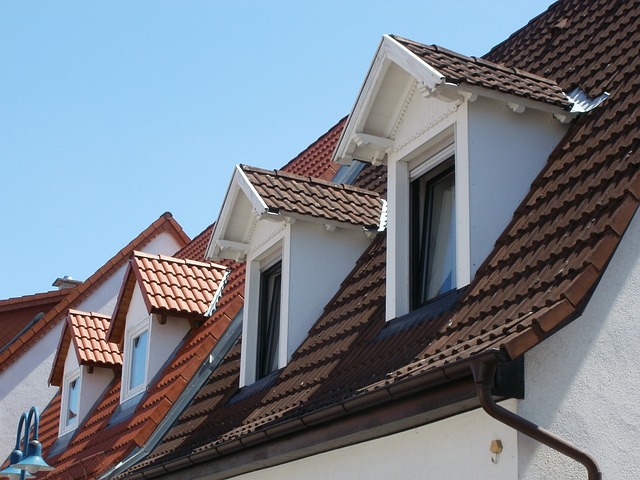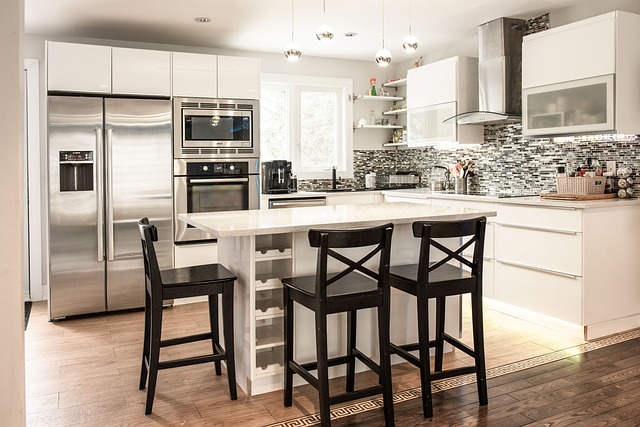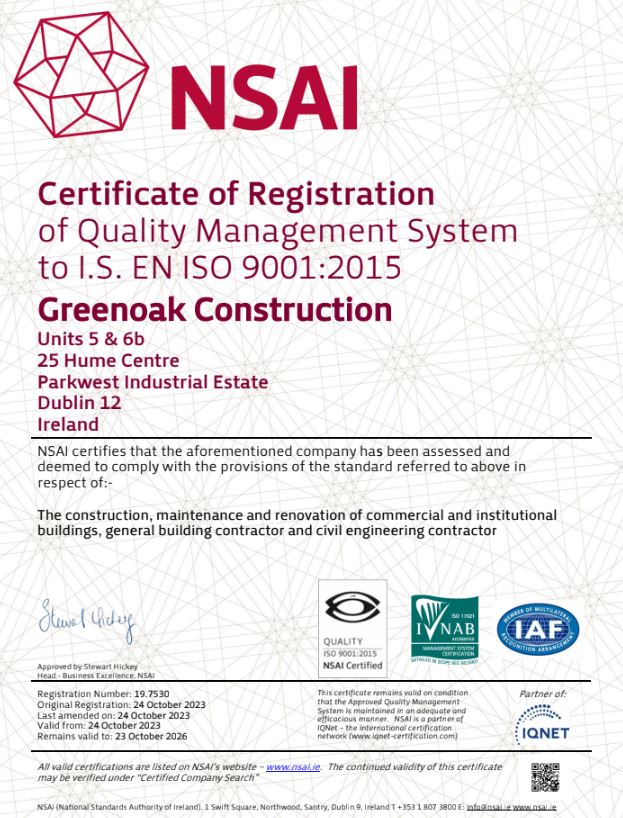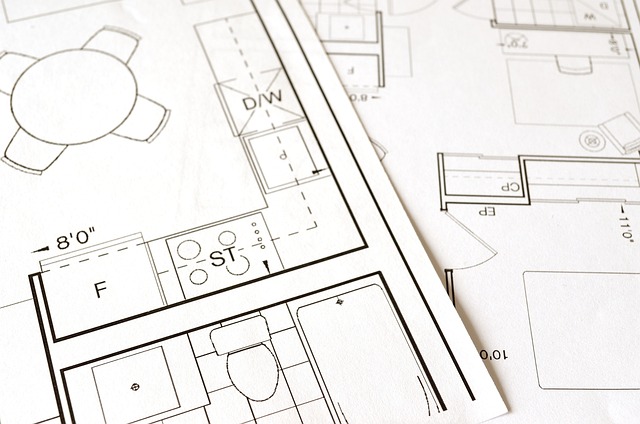Renovating or extending a home in Dublin presents both exciting opportunities and significant challenges. Homeowners can transform their living spaces, improving aesthetics, functionality, and value. However, navigating the web of planning regulations can be daunting.
Dublin’s planning laws are designed to ensure that developments are in harmony with the city’s architectural heritage and community needs. A thorough understanding of these regulations is crucial to avoid costly delays, legal issues, and potential penalties. By grasping the complexities of Dublin’s planning policies, homeowners can successfully steer their projects toward completion while maintaining compliance with local requirements.
Understanding Dublin’s Planning Regulations for Home Renovations and Extensions
Planning regulations in Dublin serve as a framework to regulate construction activities, ensuring that they align with the city’s development goals and community standards. These regulations cover various aspects, such as building heights, design aesthetics, land use, and environmental impact.
Planning permission is generally required for significant changes to properties, including large extensions, alterations that affect the building’s exterior appearance, and new constructions. However, certain minor works may fall under “exempted development,” meaning they do not require formal planning permission.
The primary goal of these regulations is to balance individual homeowners’ desires with the broader public interest. This involves preserving the character and history of Dublin’s neighbourhoods, promoting sustainable development, and minimising disruptions to the community.
Compliance with these regulations is enforced by the local planning authority, which assesses planning applications, grants or refuses permissions, and ensures that approved works adhere to the stipulated conditions. Understanding these guidelines and obtaining the necessary approvals is essential to avoid legal complications and facilitate a smooth renovation or extension process.
Importance of Adhering to These Regulations for Home Renovations and Extensions
Adhering to Dublin’s planning regulations when embarking on home renovations and extensions is of paramount importance. Firstly, compliance ensures that the project is legally sanctioned, thereby avoiding potential legal repercussions such as fines or compulsory dismantling of unauthorised structures. Secondly, adhering to regulations guarantees that the renovation or extension aligns with the broader aesthetic and architectural norms of the community, thereby preserving the historical and cultural integrity of Dublin’s streets and housing estates. Additionally, following these guidelines can lead to enhanced property value, as a well-executed and legally compliant project is more attractive to potential buyers.
Moreover, adherence to planning regulations is critical for promoting sustainable development practices. These regulations often encompass environmental considerations, ensuring that the construction activities do not negatively impact the local ecosystem or community welfare. By incorporating sustainable practices, homeowners contribute to the overall well-being of the environment and promote eco-friendly living standards.
Finally, compliance with planning laws facilitates smoother project execution. It reduces the likelihood of facing opposition from neighbours or local authorities and minimises disruptions due to legal disputes or enforcement actions. This ensures a more streamlined renovation process, allowing homeowners to focus on achieving their vision for an improved, functional, and aesthetically pleasing living space without unnecessary delays or obstacles.
Key Planning Regulations for Home Renovations, Extensions, and Retrofit Insulation
Overview of the Main Regulations Affecting Home Renovations, Extensions, and Retrofit Insulation
Understanding the key regulations that govern home renovations, extensions, and retrofit insulation in Dublin is essential for ensuring compliance, avoiding costly penalties, and achieving a successful project outcome. Here is an overview of the most pertinent regulations:
1. Planning Permissions and Exemptions:
Before embarking on any major renovation or extension projects, homeowners must determine whether planning permission is required. Generally, significant structural changes, additions that increase the overall footprint of the home, or alterations that impact the external appearance will require formal planning approval.
There are specific exemptions for smaller works such as minor interior alterations, certain types of retrofit insulation, and small extensions that do not exceed a set size and height. It’s crucial to consult with the local planning authority to verify whether your project falls under exempted development.
2. Building Height and Design Considerations:
Dublin’s planning regulations include detailed guidelines on allowable building heights to ensure that new constructions and extensions do not overshadow or disrupt the character of existing neighbourhoods. The design must also be in harmony with the surrounding architecture to preserve the aesthetic integrity of the area.
Homeowners should consider engaging an architect or planning consultant to ensure that their design proposals meet all aesthetic and structural requirements set by the local authorities.
3. Environmental and Sustainability Requirements:
Sustainable development is a key aspect of Dublin’s planning policies. Regulations often require projects to incorporate eco-friendly materials and construction practices. This may include energy-efficient windows, proper insulation, and sustainable building materials.
For retrofit insulation projects, specific standards for insulation materials and installation methods must be adhered to, ensuring improved energy efficiency and reduced carbon footprint.
4. Neighbour Notification and Objections:
When planning significant renovations or extensions, it’s often a requirement to notify neighbouring properties of the proposed works. This allows neighbours the opportunity to raise any objections or concerns within a stipulated time frame.
Addressing neighbour concerns proactively can help mitigate potential objections that could delay the approval process.
5. Historical and Heritage Conservation:
In areas of historical or architectural significance, additional regulations may apply to preserve the heritage value of buildings and streetscapes. Any modifications to listed buildings or those within designated conservation areas will require special permissions and adherence to strict guidelines.
By staying informed and compliant with these key planning regulations, homeowners in Dublin can ensure a smooth and legally sound process for their home renovation, extension, or retrofit insulation projects, paving the way for successful and satisfying transformations.
Common Mistakes in Dublin Home Improvements, Extensions, and Retrofit Insulation and How to Avoid Them
When planning and executing home improvements, extensions, or retrofit insulation projects in Dublin, homeowners can sometimes encounter common pitfalls that might lead to delays, increased costs, or compliance issues. Here are some typical mistakes and tips on how to avoid them:
Neglecting Initial Research:
- Mistake: Failing to thoroughly research local planning regulations and requirements before starting the project.
- Tip: Begin by visiting the Dublin City Council’s website and review all relevant planning regulations. Make sure you understand zoning laws, heritage conservation guidelines, and environmental standards.
Inadequate Planning and Documentation:
- Mistake: Submitting incomplete or inaccurate planning applications, leading to delays or rejection.
- Tip: Ensure you have comprehensive architectural drawings, site plans, and all necessary documentation. Double-check for accuracy and completeness before submission.
Overlooking Planning Permission:
- Mistake: Assuming that planning permission is not required for certain projects or extensions.
- Tip: Always verify whether your project requires planning permission by consulting with the local planning authority. For exempted developments, ensure they indeed fall under the specified categories.
Ignoring Neighbour Notifications:
- Mistake: Failing to inform neighbouring properties about planned works, resulting in objections and potential disputes.
- Tip: Communicate with your neighbours early in the process. Inform them about your plans, listen to their concerns, and be willing to make reasonable adjustments to gain their support.
Non-Compliance with Environmental Standards:
- Mistake: Using non-compliant or substandard materials that do not meet Dublin’s environmental and sustainability requirements.
- Tip: Choose eco-friendly materials and employ sustainable practices. For retrofit insulation, ensure the materials used meet the specified energy efficiency standards.
Disregarding Heritage and Conservation Guidelines:
- Mistake: Making unauthorised modifications to properties in conservation areas or to listed buildings.
- Tip: Obtain all necessary permissions for heritage and conservation areas. Consult with heritage consultants to ensure compliance and maintain the integrity of protected structures.
Skipping Professional Consultation:
- Mistake: Trying to manage the project without professional guidance, leading to regulatory non-compliance or structural issues.
- Tip: Engage with architects, planning consultants, and contractors who have experience with Dublin’s planning regulations. Their expertise can help navigate complex requirements and avoid costly mistakes.
Ignoring Interim Compliance Checks:
- Mistake: Not conducting regular compliance reviews during the renovation process.
- Tip: Schedule periodic inspections and reviews to ensure that all works are in line with planning permissions and regulations. This proactive approach can identify and rectify issues early on.
Delaying Final Approvals:
- Mistake: Neglecting to arrange for final inspections and obtain necessary certifications upon project completion.
- Tip: Plan for final inspections as part of your project timeline. Ensure all necessary certifications are obtained from the planning authority to verify that the project adheres to all regulations.
By being aware of these common mistakes and following these tips, homeowners in Dublin can better navigate the complexities of home improvements, extensions, and retrofit insulation projects, ensuring successful and compliant outcomes.
Conclusion: Ensuring Compliance in Dublin Home Renovations and Extensions
Understanding and complying with planning regulations is paramount for any homeowner embarking on renovations, extensions, or retrofit insulation projects in Dublin. The key to a smooth and legally sound process lies in thorough initial research, meticulous planning, and diligent adherence to local laws and guidelines.
Engaging with professionals and maintaining open communication with neighbours can further facilitate a seamless and successful project. Ultimately, ensuring compliance not only avoids potential legal and financial setbacks but also contributes to the sustainable development and preservation of Dublin’s architectural heritage and residential landscapes. By following these best practices, homeowners can achieve their vision while upholding the integrity and aesthetic appeal of their communities.
Trust GreenOak for Your Dublin Home Extensions and Retrofit Insulation
For homeowners looking to embark on a home renovation, extension, or retrofit insulation project in Dublin, GreenOak is your go-to resource for expert advice and professional services. We understand the intricacies of planning regulations and offer tailored solutions to ensure your project proceeds smoothly and complies with all local requirements.
Why Choose GreenOak?
At GreenOak, we pride ourselves on our comprehensive expertise and commitment to sustainable practices. Our team of experienced architects, planning consultants, and contractors have an in-depth understanding of Dublin’s planning regulations and are dedicated to helping you achieve your vision.
We offer a wide range of services to assist you at every stage of your project:
- Consultation and Planning: Personalised advice and planning to meet your unique needs and ensure compliance with local regulations.
- Architectural Design: Innovative design solutions that blend functionality and aesthetics while respecting Dublin’s architectural heritage.
- Project Management: End-to-end project management to ensure timely and efficient execution of your renovation or extension.
- Sustainable Solutions: Eco-friendly materials and practices that enhance the energy efficiency and environmental sustainability of your home.
For more information and to schedule a consultation, visit our website at GreenOak or contact us directly:
We look forward to helping you transform your home while maintaining compliance with Dublin’s planning regulations. Trust GreenOak for quality, sustainability, and peace of mind in your home improvement projects.
Royalty free Image supplied from PixaBay as part of SEO service from 3R


